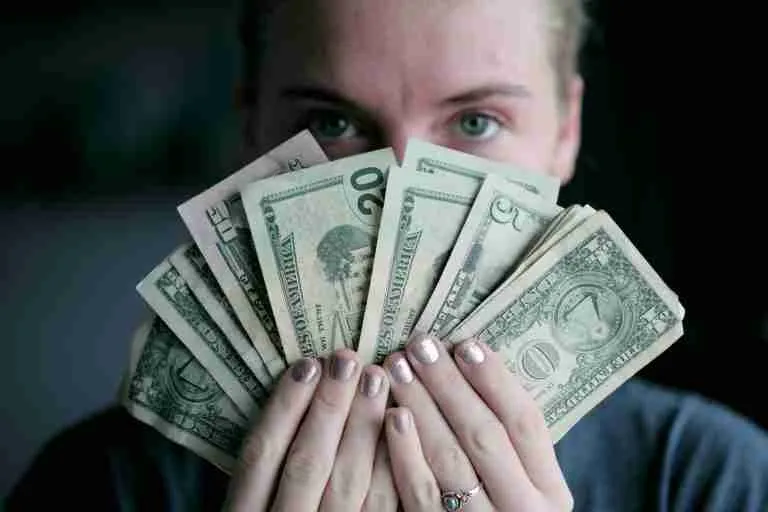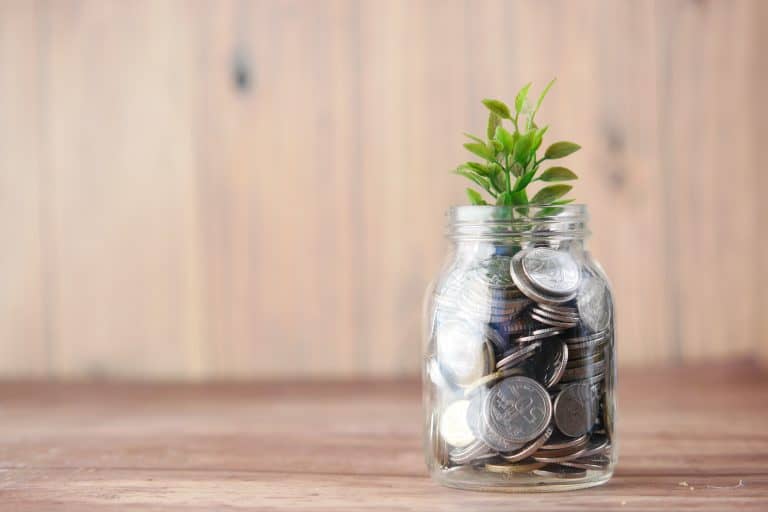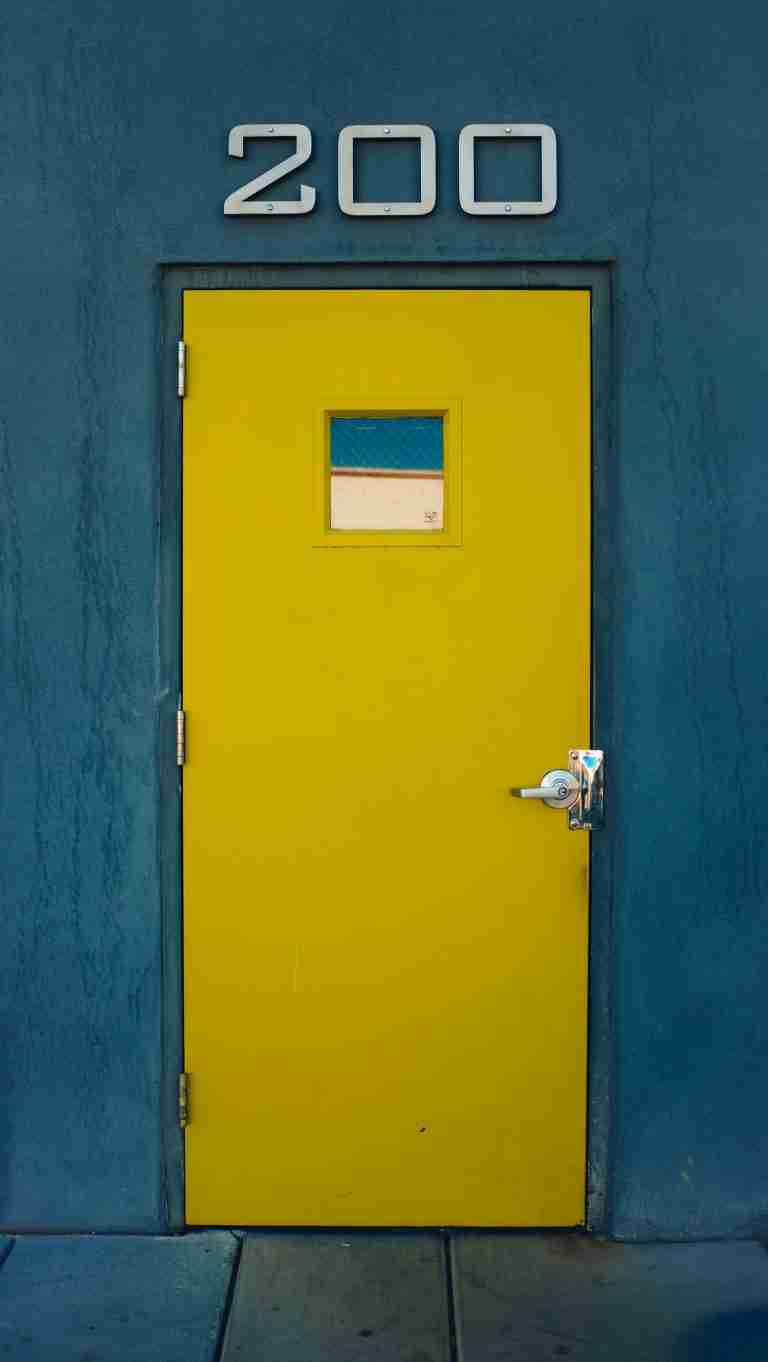What is an emergency fund, and why it’s important? (5 ways to start yours)
What is an emergency fund, and why is it important to you.
An emergency fund is a stash of money to deal with unexpected expenses or crises such as a major car or home repair, medical bills, and ultimately losing your job. It’s important because it will prevent a crisis from turning into a disaster.
This fund will see you ride through the difficulties with the crisis turning into a disaster. An emergency fund should prevent you from having to take on debt, sell assets or spiral into further financial difficulties because you have access to cash quickly.
This article will cover all you need to know about emergency funds and how to create your own.

Do I really need an emergency fund?
The short answer is yes. Yes, you really do. If you get to the point when you think nothing can do wrong is likely the time when you are most vulnerable to a shock.
An emergency fund is for WHEN things go wrong and not IF. If nothing has gone wrong for you, then it probably means you are fortunate or not that old yet.
Unfortunately, there is always something that can go wrong with your or a friends/family members car, home, health or employment, which means cash flow is severely interrupted or needed right now.
Is Emergency Fund the same as savings?
No, it’s not. An emergency fund is a significant stash of cash that you set aside away from your day-to-day savings.
Your savings are for everyday, monthly and yearly spending needs, like gifts, eating out, holidays and new purchases.
Your emergency fund is only for when something goes wrong, and you need cash asap to put it right or lessen the damage.
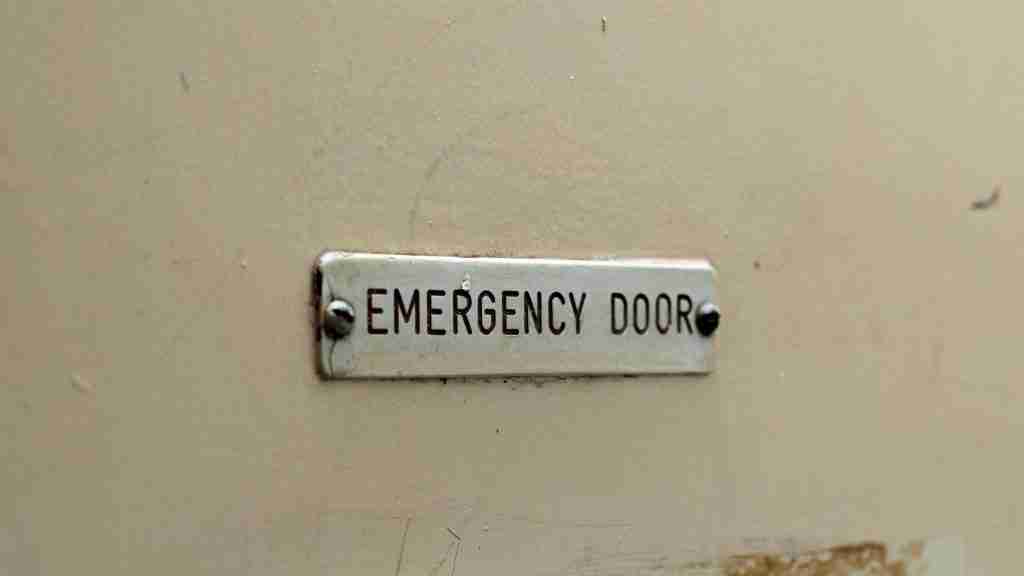
What are examples of emergency expenses?
Of course, some are experienced by many of us.
- The car breaks down and needs an expensive repair.
- The car breaks down and needs to be replaced.
- An emergency medical procedure that can’t wait
- Major home repairs, boiler breaks, flooding, fire
- An emergency for a family or friend that requires you to travel a short notice
- You lose your job, your job or manager changes meaning you want to leave
- You get fined for something or other
- The taxman or woman comes calling
- A global pandemic closes down nearly every business for 2-3 months (yeah right!)
How much money should be in your emergency fund?
Most people recommend 3-6 months costs. This would be all the costs you need to live for 3-6 months saved up in cash somewhere easy to access.
Why 3-6 months? Well, this is often seen as enough money to ride out a significant shock like losing a job. In regular times depending on your sector, it may take 3-6 months to find another job. Write applications, undertake one or more rounds of interviews, and then be appointed.
Whether it’s a job loss or not 3-6 months is also a fair amount of time to recover from and or replace whatever went wrong.
The above amount of emergency cash will also be a factor of your risk appetite. Do you have many income sources, insurances, and friends and family you would rely on in difficulties? If so, maybe a smaller fund might be ok.
The bigger, the better, but not too big. 6-12 months expenses could see you ride out most financial emergencies and help you sleep very well at night.
But to much cash can be a drag on your wealth plan if most of your assets are in cash. The impact of inflation over time will erode the value of your cash, so a good balance between immediate, midterm and long-term cash needs will need to be factored into your planning.
The balance between cash, stocks and shares, property and other investments will need to be factored into your emergency fund size calculations.
Which factor is important to consider when building an emergency fund?
There are a number of factors to consider when busiling an emergency fund. These can include
| Factor | Explanation |
|---|---|
| Financial Stability | Assess your current financial situation, including income, expenses, and debts. Ensure that you have a stable source of income that allows you to save consistently. Consider your overall financial health and stability. |
| Monthly Budgeting | Create a detailed budget to track your income and expenses. Determine how much you can set aside each month for your emergency fund without compromising essential living expenses. Identify areas where you can cut back on spending to increase your savings rate. |
| Savings Goal | Set a target for your emergency fund based on your individual circumstances. Financial experts generally recommend saving three to six months’ worth of living expenses. However, you may need to adjust this based on factors such as job stability, health, and dependents. Consider your unique situation when determining your savings goal. |
| Accessibility | Ensure that your emergency fund is easily accessible when needed. Consider keeping it in a separate savings account or a liquid investment that allows quick and penalty-free withdrawals. You want to have immediate access to your funds in case of emergencies. |
| Risk Tolerance | Evaluate your risk tolerance when deciding where to store your emergency fund. While it should be easily accessible, you may also want to consider options that offer some growth potential, such as high-yield savings accounts or short-term certificates of deposit. Balance the need for accessibility with the desire for potential growth. |
| Insurance Coverage | Review your insurance policies, including health, disability, and home insurance. Adequate coverage can help mitigate some financial risks and reduce the size of your emergency fund. Assess your insurance needs and ensure you have appropriate coverage to protect yourself from unexpected expenses. |
| Regular Contributions | Make saving for emergencies a habit. Set up automatic transfers from your primary account to your emergency fund to ensure consistent contributions. By automating the process, you remove the temptation to skip or delay contributions, ensuring that your emergency fund grows steadily over time. |
| Avoiding Temptation | Keep your emergency fund separate from your regular spending accounts to avoid dipping into it for non-emergency expenses. Create a mental barrier between your emergency fund and everyday funds, making it less tempting to use the money for non-essential purposes. Develop the discipline to only tap into the fund when a genuine emergency arises. |
| Periodic Review | Regularly assess your emergency fund’s progress and adjust your contributions if necessary. Life circumstances change, so it’s essential to review your savings periodically. Evaluate any changes in income, expenses, or financial goals that may warrant adjusting your savings strategy. Stay proactive in managing your emergency fund. |
Where should I keep my emergency fund?
Your emergency fund should be kept somewhere close and easy to access but not too easy.
It should be kept in an easy-access account. Ideally, with some level of interest. But this is not the goal of the emergency fund. It’s supposed to get you out of a potential financial nightmare and not necessarily earn you a tidy income. But it would be nice.
It should be easy to access in 24-48 hours if you need the money fast.
But it shouldn’t be to easy to access, i.e. in your house or back pocket. For security reasons, you wouldn’t want that amount of cash to go walking. You also wouldn’t want it that easy to hand as the risk is everything will become an emergency. The Uber driver is here, and the pizza delivery is here, oh I forgot to get cash out so its an “emergency”. Let us access the emergency fund!
When you need to access the emergency fund, you want it to be full and not just find a stash of IOU’s.
When should an emergency fund not be used?
If it’s not an emergency but just a want then you should not use it. It should only be used when or if your life is or is about to be severely disrupted by a financial shock.
- Holidays are not an emergency
- Christmas and birthdays are not emergencies (you knew they were coming)
- The latest gadget is not an emergency
- Your new money-making idea is not an emergency
- Anything that is inconvenient but more down to poor planning than an emergency.
Can I use a credit card for emergencies?
This is most likely a bad idea. Using a credit card is like getting out a loan for an emergency. The next month the credit card company are going to want you to start repaying it. If you don’t pay in full, you will need to start making minimum payments at very high-interest rates.
Using a credit card could end up getting you into more and more trouble/debt. If you end up struggling to repay the money, the emergency could cost you much more than first thought.
Better to use your emergency fund and own no one any money. Other than to rebuild the emergency fund asap.
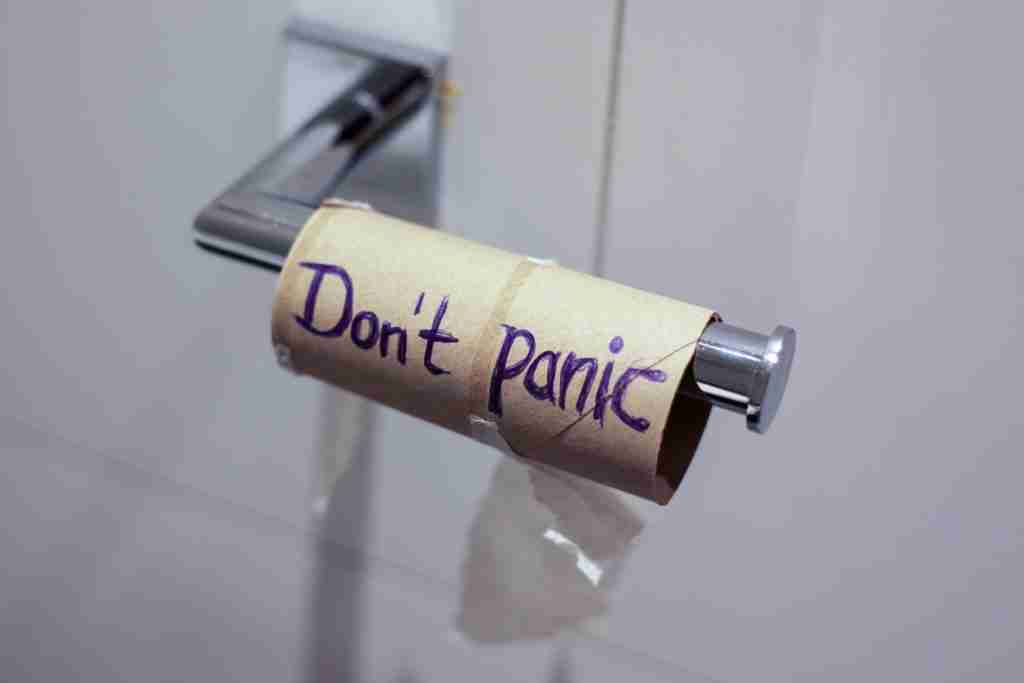
Hope for the best plan for the worst
- Decide how much you need. Is it 3-6 months or more? What amount of cash would help you sleep at night, no matter what happened in the economy, specifically in your personal economy?
- Decide when it will, and won’t be used. Be very clear with yourself and any significant other what is an emergency and what is just an inconvenience. This will spare the arguments later and the urge to burn through the emergency fund for non-emergency things.
- Keep it topped up. If you need to access it, top it up straight away. Act like its an emergency again and refill the fund.
- Don’t be tempted to use it even if nothing happens. Maybe years go by, and you think ah maybe ai can just dip into it because nothing has happened so far. This is like the builders of the Titanic saying they didn’t need as many lifeboats as the ship was unsinkable. How did that turn out? Not so good.
- Start saving for it now. Tomorrow might be too late.
5 quick ways to start your emergency fund today.
Having an emergency fund is an emergency; you need one. Act like its an emergency, and you will get it done asap.
- Automate your savings to start putting aside as much as you can towards your emergency fund right now and regularly until you have reached your target.
- Review your spending where you might be able to cut something out, reduce it or find a cheaper source, i.e. shopping at cheaper shops.
- Sell something. Take a look through your cupboards and loft to see is there anything you could sell on Amazon or eBay? Could you do a car boot sale?
- Find some extra work. Could you do more hours or a side hustle to earn some more income? Could you do some odd jobs around your neighbourhood for cash?
- Put aside any windfalls or pay rises you receive until the emergency fund is built. Pretend you never received it and stash it away.
What do you do after an emergency fund?
After reaching your ideal emergency fund size, you can look at some more midterm and long-term goals.
- Set up saving funds for short term expenses 1 – 5 years out. At the same time, set up a savings fund for midterm goals 5-10 years away.
- Consider the long-term outcome you would like, especially when you would like paid work to become optional or some form of retirement. When, where and how would you like to live in the long term? Think about your ideal lifestyle and what it might cost.
- What’s your plan for the debt you might have? How and when might you be able to pay it off?
- Don’t forget to think about some of the fun and crazy things you would like to do on the way, i.e. sky diving, travelling through Latin America or that road trip to Australia (or to Europe if you already live in Australia)
FAQ: Why is it important to have an emergency fund
Why is it good to have an emergency fund?
-Independence
-Security
-To stop challenges from turning into a crisis and then a disaster.
How much money should you have in an emergency fund?
-Consider your situation and see if this is enough or if more is needed.
Is a £1000 emergency fund enough?
-How long would that last you if all income stopped? And would you be happy with that?
How do I keep an emergency fund?
-The emergency fund’s purpose is not necessary to earn interest but to be there when you need it.
Summary: Why is it important to have an emergency fund
An emergency fund is there to get you out of a tricky situation and prevent you from taking on debt.
Yes, you need an emergency fund- stuff happens all the time, and eventually, it will happen to you or someone close to you. Better be prepared.
Keep your emergency fund separate from your day-to-day savings. Otherwise, it might be used on non-emergencies.
Credit cards are not a good substitute for an emergency fund.
3-6 months is a good amount to have in an emergency fund, depending on your circumstances.
Keep your emergency fund somewhere accessible but not too accessible.
Build one asap
- Automate savings
- Review your spending
- Sell things
- Create more income
- Put aside windfalls
Hope for the best, plan for the worst.
Take Action on your life and finances now!
Are you in your 40s and feeling the financial squeeze? You’re not alone. This can be a challenging time financially, as you may be:
- Juggling mortgage payments 🏠
- Managing family expenses 👨👩👧👦
- Planning for retirement 🏖️
- Saving for your children’s college education 🎓
- Paying off lingering debts 💳
It’s time to stop the stress and start your journey to financial happiness. Financial coaching can provide the tools and guidance you need to navigate these challenges. With coaching, you can:
- Create a realistic and manageable budget 💼
- Develop a clear and achievable savings plan 🐖
- Learn effective strategies for debt repayment 🔄
- Understand and plan for future financial needs 📈
- Start saving and investing for financial independence 💰
- Gain peace of mind knowing you’re on the right track 😌
Don’t let financial worries cloud the prime of your life. Schedule a call with me today at Financially Happy Money Coaching, and let’s turn your financial stress into financial success!
Together, we can build a plan that aligns with your goals and sets you on a path to financial freedom. Let’s make your money work for you, not vice versa. 💪💰

